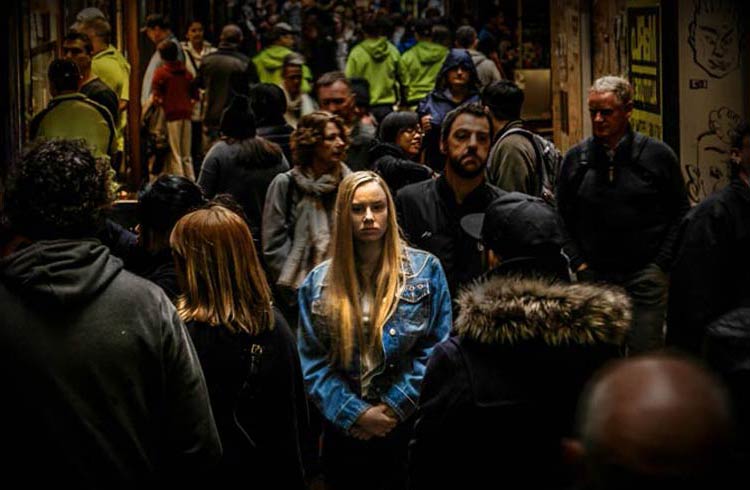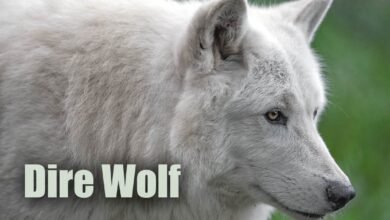Is man a social being or a loner?
Man can develop and fulfill himself properly only in society. This statement seems obvious, but not everyone realizes what it entails. There are, after all, various ways to fulfill oneself in society.
Society can be understood as a group of people who are connected by various traits. These are primarily traditions, principles, and customs, as well as language and broadly understood culture. Every person is a part of society and plays a specific role in it. The influence on who a person is comes from both other people (through upbringing, examples through actions, the way they relate to others, etc.) and themselves – through how they decide to use their knowledge and experience to the best of their ability. Can one be a human – a non-social being – at all?
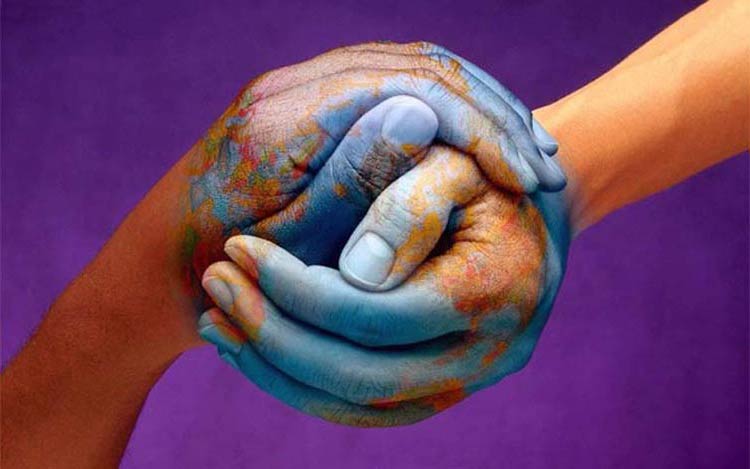
Man as a Herd Animal?
Often, in conversations about, for example, ways of spending free time, the claim is made that man is a herd animal. Sometimes this has a negative context, for example, when the discussion concerns the mindless replication of behaviors or opinions shared by a large group of people. Often, however, it simply means that the average person feels bad alone. Is this true?
Everyone has probably heard of the division into extroverts and introverts. The former indeed give the impression that they draw energy from the very contact with other people. The latter, after a while, get tired of company and seek solitude. Introverts also usually cope better with tasks that require independence. However, such people also need contact with others to some extent and on certain principles.
At this point, it is worth emphasizing that the concept of “herd animal” poorly reflects the desire to be in company. For what is a herd? Usually, we mean an organized group of individuals, among whom everyone has a specific role and position. Meanwhile, not everyone wants to adapt to the group at all costs. Some, when faced with the choice of subordination, choose independence. The need for contact with people is not the same as the need to identify with a group.
Indeed, some people are sometimes told that they are asocial individuals. Sometimes this statement also has a negative connotation, but often it is simply said about people who do not want to do what others do. Is such a person really asocial? It seems not. One can distinguish two types of people who fulfill themselves as social beings in different ways. One type involves adapting to society, while the other willingly crosses boundaries. They can be roughly called the “tribal” and “heroic” types. Why?

“Tribal” Man
What is a “tribe”? This word can be used for convenience to refer to any social group – from a family, through an academic association or even a gang, to the residents of a region or an entire nation. In this sense, a tribe is a group of people who recognize similar customs, adhere to certain principles and traditions, use the same language – in a word, who in some way stand out from other “tribes”. A person who wants to belong to a “tribe” and be accepted must adapt to the rules prevailing in it.
Whether a person is suitable for living in a “tribe” is decided by its entirety or by the individuals who govern the group. A person applying to be a full-fledged member of the “tribe” must prove that they truly deserve it. That is why in all societies around the world there have been certain ceremonies whose purpose was to check how a person fits into them. Some of these tests are difficult, sometimes even painful, but in return, a generous reward is received: The person joins the “tribe” and can enjoy all the privileges.

Tribal Rules
Of course, a “tribe” can only last if there are specific customs and rules that distinguish it. These rules are passed down from generation to generation. Thanks to this, every member, even the most inexperienced, will be able to distinguish “their own” from “strangers”. One of the basic distinguishing features of a “tribe” is, of course, language. That is why so much importance is attached to language learning, maintaining its purity, and, as far as possible, avoiding foreign language influences.
Of course, the world is changing, so the rules governing the “tribe” sometimes have to be modified. Sometimes this is even a requirement for a given community to exist. An example is the adoption of Christianity by successive nations of Europe. On the one hand, this meant a partial change in the identity of various peoples, but ultimately allowed them to benefit from publicly available goods such as literary works or architectural achievements – not to mention recognition on the international stage.
Tribal Changes
Sometimes certain changes are postulated only by some members of the “tribe”, and by others, usually older ones, they are absolutely unacceptable. Such a situation is much more complicated, and sometimes it can even threaten the very existence of the tribe. Usually, however, changes are introduced over time – when the majority begins to support them, and there are fewer and fewer resistant people or their arguments lose significance and even meaning. An example here is the granting of voting rights to women.
“Tribal” Mentality
The “tribal” mentality is therefore of great importance for the survival of societies. It allows, for example, the preservation of national identity. And who is responsible for the changes? After all, they are often a violation of the rules governing society! This is the responsibility of a completely different type of member of society.
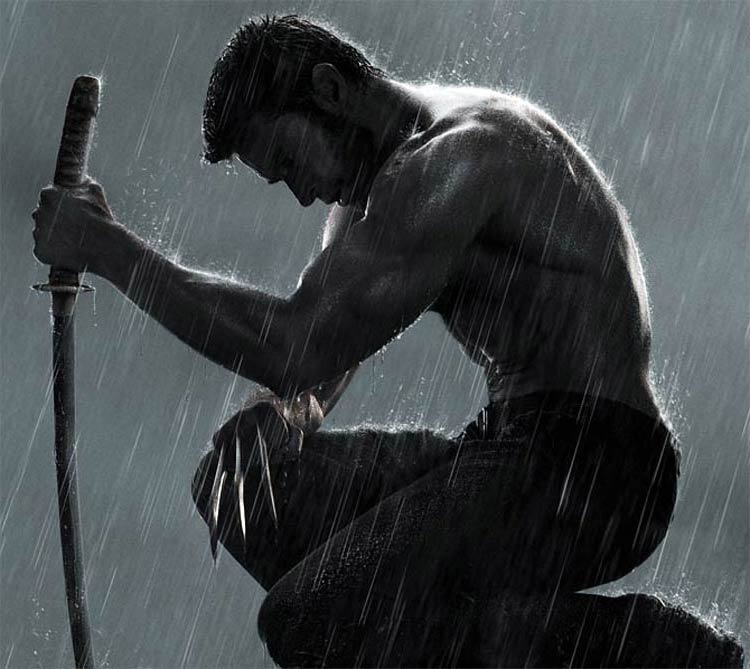
Lonely Romantic “Hero”
In all developed cultures, stories appear about characters who performed heroic deeds. Prometheus brought fire to people, Heracles fought many dangerous beasts, Beowulf defeated the monster Grendel. All these characters shared two traits: They were not afraid to act alone, even in the face of certain death, and at the same time, they did not care about the prevailing rules, often breaking them to the scandal or even horror of others. These are “heroes”.
Who is a “Hero”?
Who is a “hero”? One might say that it is a person who performs deeds that go beyond the capabilities of the average member of the “tribe”. This one is limited by rules. The “hero” often ignores these rules. This is a type for whom the possibility of independent action is more important than the need to obey. He reasons, often rightly, that the benefits of belonging to a tribe are not as impressive as what can be achieved by acting in one’s own way. It is easy to guess that a “hero” is an explorer, traveler, researcher, and inventor – and sometimes a warrior.
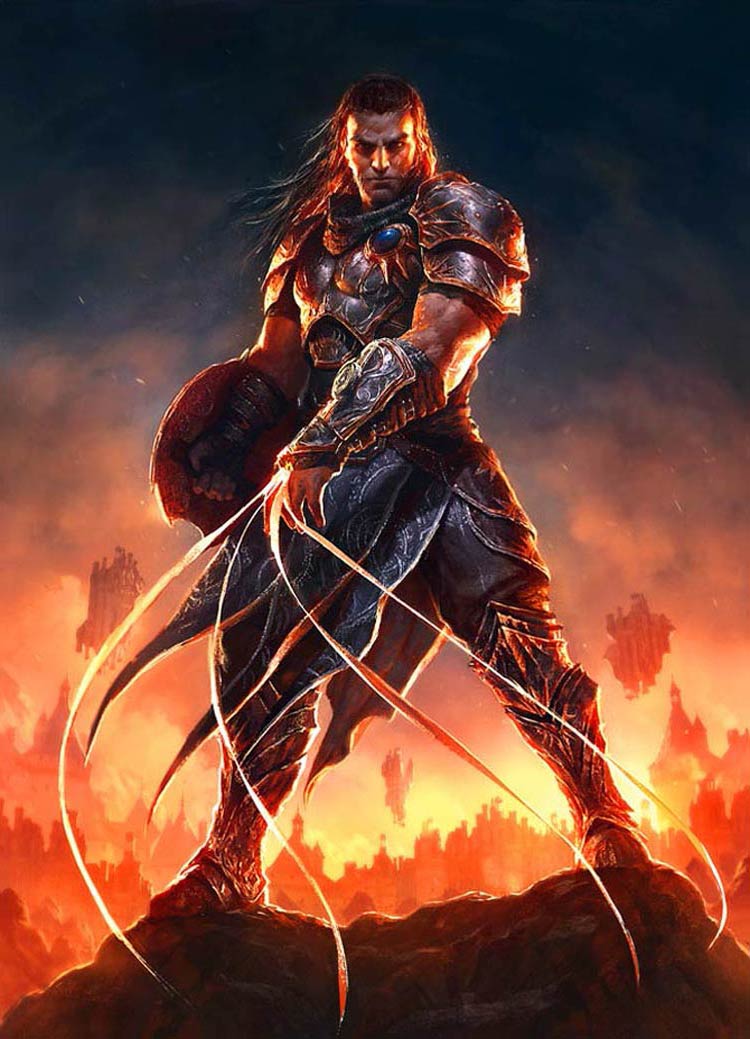
Is a Hero an Egoist? What are the Hero’s Motives?
Individualist or Outcast?
It is worth emphasizing, however, that a “true” “hero” is not an egoist. Leaving aside, for example, psychopathic individuals, such a person aims to achieve personal success, but at the same time takes care that no harm comes to others, and often wants to bring publicly available benefits to society.
The “tribe’s” attitude towards the “hero” is always ambivalent. People attached to rules and afraid of change do not like the “hero”. An individual so individual can threaten the prevailing order. However, at the same time, the “hero” is admired – he can do things that would not occur to the average member of the tribe, and his actions often make life easier for others.
Success or Lifelong Failure of the Hero?
It is worth emphasizing, however, that the “hero” is usually doomed to eternal struggle and rarely encounters a reward. Reading ancient myths and legends, we see that independent “heroes” most often die in battle or are unjustly condemned for alleged crimes. Of the aforementioned mythical figures, Prometheus was condemned to be nailed to a rock, Hercules died in agony, and Beowulf was mortally wounded while killing a dragon.
How Does This Relate to Real Life?
People acting independently, standing out, and making revolutionary discoveries have always acted against the established order and disrupted it to some extent. Therefore, they were often unjustly accused (Galileo) or had to fight for a long time for recognition of their merits (Darwin). It is no different today when researchers making groundbreaking discoveries must first face numerous critics and answer accusations or charges, and are often lonely and misunderstood.
What other solitary heroes do you know, not just romantic ones? Is Geralt of Rivia (The Witcher), the hero of Sapkowski’s books, such a hero? Why is a solitary hero so fascinating to us since we are social beings?

Role of Stories in Human and Community Life
For a community to survive, both types of people are needed: both the “tribal” one, who cares about the constancy of rules, and the “heroic” one, who ensures development. However, the community would be nothing without stories in which both types appear. Stories have played a huge role for thousands of years. In primitive communities, they were told by the fire, later they took the form of songs, and finally books, films, or even computer games.
Why are the fairy tales of the Brothers Grimm or Andersen still so popular, even though hundreds of years have passed since their creation or publication? The reason is their universality. They convey in a way that is clear to a child the principles that will make him an adult in the future – a full-fledged member of the group and adapted to it. That is why in every community – from a region to an entire country – there are stories considered timeless goods that everyone should know at a certain age.
Role of Fairy Tales and Fables
It is worth noting that these fairy tales are usually intended to instill the general rules governing the group, i.e., to create a “tribal” man. Where is the “tribal” mentality in all this, one might ask? As we know, teaching in schools is carried out according to a specific program, whose creators determine what a young person should know to be a full-fledged member of the “tribe”, which in this case is, for example, a nation.
On a regional scale, local customs, songs, dances, or dialect or fashion are passed down. Each community also has stories about “heroes”. Initially, they are mythical. However, over time, fairy tales give way to stories closer to natural ones, and finally to true stories, and mythical heroes – to more realistic heroes and historical figures.
Summary
Every society is created by a series of individuals who fulfill themselves in different ways. Initially, they are shaped by stories whose task is to convey certain values and principles to them.
Later, most people find their place in the community, wanting to fully share in the benefits of being a full-fledged member. Others conclude that they prefer to live differently. Both types are needed and are indispensable to each other.
Therefore, every human being – regardless of their attitude to life, views and character, extrovert and introvert, feeling the need to belong and completely independent – is to some extent a social being.
